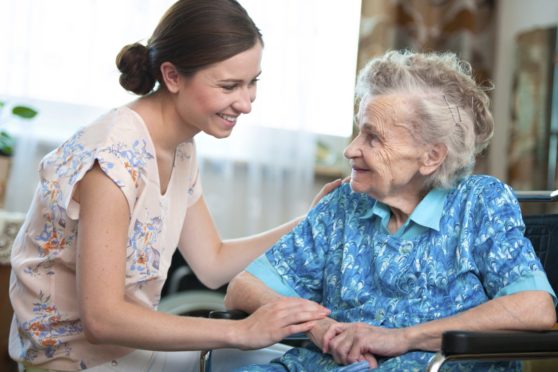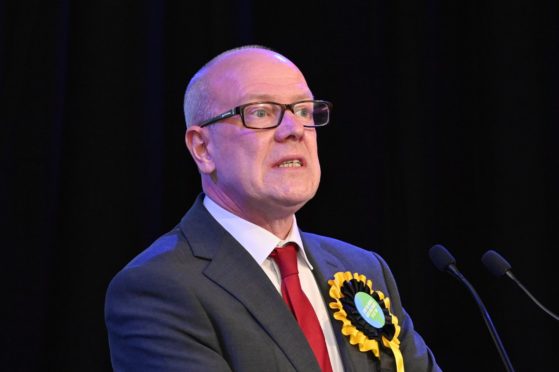Vulnerable Fifers are waiting up to four months for home care packages to help them live independently at home.
Considerable pressure on the home care system means some people are being asked to go to care homes until help at home can be arranged.
Others are being offered day support and befriending services in the meantime.
Social care bosses say a surge in the number of people attending hospital is partly to blame as it means more patients need support to return home.
And difficulties in recruiting home carers among private care providers is piling on even more pressure.
The average wait time for a home care package in Fife is 77.5 days, or 11 weeks.
However, in some parts of the region people are waiting considerably longer.
Those in south west Fife have to wait an average of 108 days, or 15 weeks, while the wait is 13 weeks in Levenmouth and 12 weeks in north east Fife.
At the moment, 395 people are in need of care at home while some 3,500 people are already receiving a service.
But it’s not just Fife that’s affected as waiting times for home care have soared across Scotland.
The Scottish Government acknowledges the situation is challenging and has called an urgent meeting to discuss it.
Social care minister Kevin Stewart said: “This will be a very concerning time for people whose care support services have been affected.”
He added however that home care for those with the most urgent need will continue.
‘A huge impact’
Fiona McKay, Fife Health and Social Care Partnership’s head of planning and performance, said there had been a significant rise in the number of people arriving at hospital.
“That’s having a huge impact,” she said. “We didn’t have that during Covid.
“It’s as we’re coming out of Covid we’re seeing a lot more sick people coming through the system.
“It’s a daily picture of trying to support people to leave hospital.
“We unfortunately have not always been able to give people a care package but people have been willing to go to a care home to wait for a package to be put in place.”
She added: “It’s a significant daily, hourly pressure on us to move people in a safe way and to ensure there’s enough care to support them.”
Fife Council has a number of vacancies within its home care service and private providers are also trying to recruit staff, Ms McKay said.
“Private providers are a key part of it and deliver more than half the contracts across Fife,” she added.
Things like pay and training are now being looked at in a bid to attract more people into the profession.
Scottish Government in daily contact
Mr Stewart said the issue was one of the Scottish Government’s top priorities.
“The care at home sector is vital to the wider health and social care system and we recognise the additional pressures NHS and social care staff are facing as they work tirelessly to respond to the pandemic whilst continuing to provide vital treatment and safe patient care,” he said.
“We are in daily contact with boards and health and social care partnerships facing the greatest challenges and are monitoring the situation closely.
“They have provided assurances that those of the most clinical urgency will continue during this challenging period.”
He added: “We have allocated an additional £380 million to health boards to help with costs arising from the pandemic.
“This comes on top of the £1.7 billion already provided to health boards and health and social care partnerships last year.”



